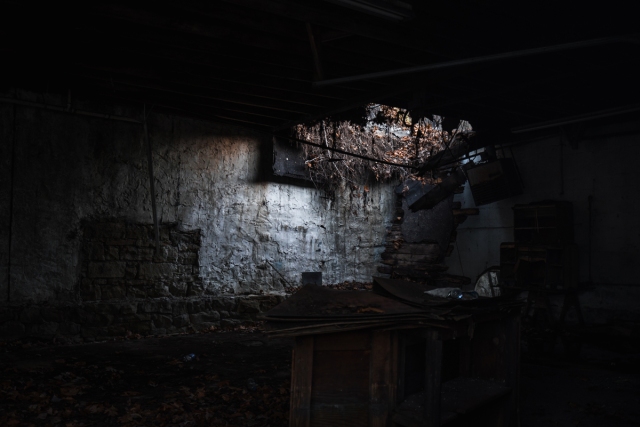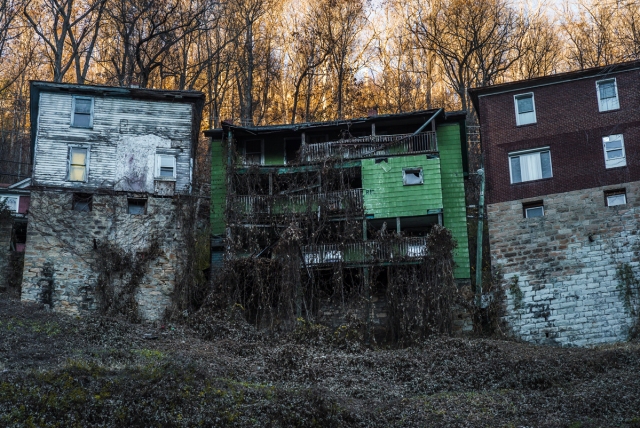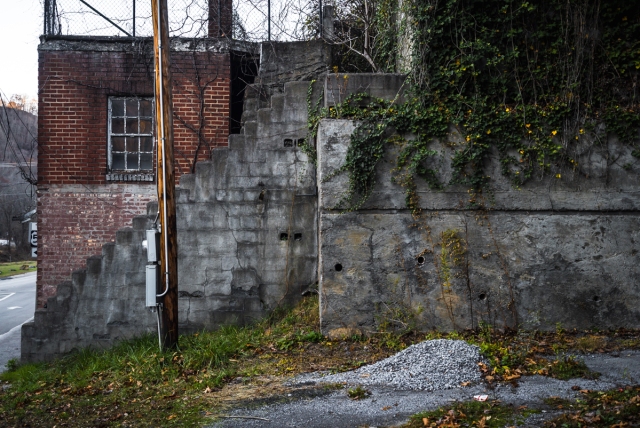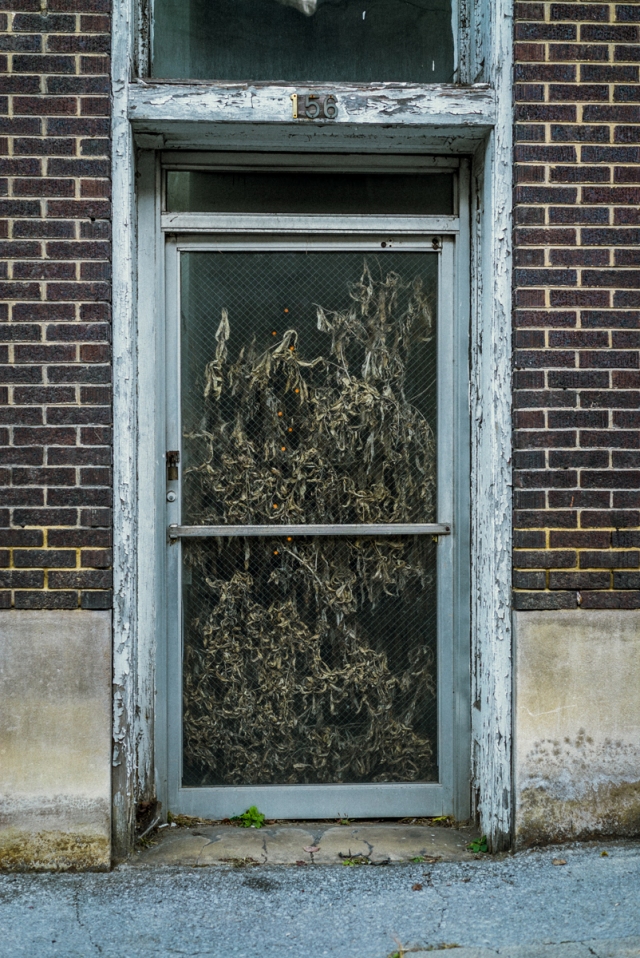
Welcome to Welch
Welcome to Welch, West Virginia – birthplace of comedian actor, and entertainer Steve Harvey, and actress Karen Austin. Home of the first memorial building in the United States, dedicated to the memory of Americans who gave their lives for their country in World War I.



The town of Welch was incorporated in 1893, named after Isaiah A. Welch; a former captain in the Confederate Army. In an 1892 election, McDowell County citizens voted Welch the county seat before it had even been incorporated as a city. As to avoid any violence, county records were moved from the previous county seat (Perryville) to Welch under the darkness of night. James A. Strother and Trigg Tabor had relocated the records to Welch by use of two wagons.
In March of 1921, the Welch City Council had met and discussed the impeachment of Mayor J. H. Whitt. Mayor Whitt was unsurprisingly not happy about this decision, and showed up at the meeting, disrupting the proceedings. The council had become suspicious, and requested that the McDowell Co. Sherriff’s Dept. investigate Whitt. Upon investigation, Mayor Whitt shot and killed McDowell County Sheriff William Johnson Tabor. Tabor was the one tasked with the investigation. Whitt was arrested, and later charged with murder, however, somehow won acquittal at his trial. Whitt disappeared on September 27, 1921 to never be seen again.




Prosperity in Welch grew greatly during the first half of the 20th century. Welch had become the hub of retail business as the county population approached 100,000. The city was also the home to three different hospitals. With mechanization of the coal mining process being introduced, less laborers were required, leaving more residents without jobs. McDowell County’s population saw a great rise in the 1950s, but began a sharp decline soon after in the 1960s. In the 1960s, McDowell County still ranked number 1 in the United States for total coal production, proudly proclaiming itself “The Heart of the Nation’s Coal Bin.”




When John F. Kennedy visited Welch in 1960, he grew concern seeing a county that worked so hard, outputting more coal than any county in the United States, but also had more people than anywhere receiving surplus food packages than any county. The problem was due to the machines that had taken over much of the production work formerly done by men. This decline in work lead to the creation of modern era food stamps. The Chloe and Alderson Muncy family of Paynesville, McDowell County were the first recipients of modern day food stamps in America. Their household included 15 people. The city of Welch, and crowds of reporters watched as Secretary of Agriculture Orville Freeman delivered $95 of federal food stamps to Mr. and Mrs. Muncy on May 29, 1961. This was an important moment in history, as it was the first issuance of federal food stamps under the Kennedy Administration. This federal assistance program continued to expand for years to come, and is commonly used across the United States today.




McDowell County suffered further losses from the 1960s through the 1980s as United States steel production declined. McDowell County had been a major source of fuel for the steel and electric power generation industries, so this hurt them greatly. In 1986, nearby US steel mines were closed indefinitely, leading to the loss of more than 1,200 jobs. Personal income decreased in the following year by two-thirds. Real estate values plummeted, and miners among many others were forced to abandon their homes in search of work, and start of a new life elsewhere across the country.






In recent years, the city has been able to begin some restoration of their historic downtown area. This has been possible with the construction of new state and federal prisons, which are creating sources of economic renewal for Welch.
Photo prints and canvas prints of my work available here – www.oddworldstudio.com






Welch is not abandoned. People still live and work here.
I didn’t say it was.
Our one television station that we could receive on that 1954 Philco TV came in via WSAZ TV-Huntington/Charleston, West Va. Dad was a UMW member, ran a dozer, until he retired in the coal fields of Appalachian Ohio. I was born in Wheeling, W.Va. during WWII, when Wheeling was a prosperous steel town, a mini Pittsburgh just up the river. I know of failed coal towns, I went to grade school in a small place called Jewett, Ohio which went from prosperous sheep farming with all that wool, later to strip mine coal, a slow slide to a lingering death, ditto for Cadiz, Ohio, the county seat of Harrison County, which was once one of the most prosperous county seats in the United States. Fracking for the gas trapped in all that shale, the Utica Shale Gas formations brought some life but the region looks as though it has been embalmed. The people who once did so much to keep things going are in the ground, what is left is a land of ghosts. I live in Seattle, left that region decades ago, have no regrets. Great photos post here, sad ones but very revealing.